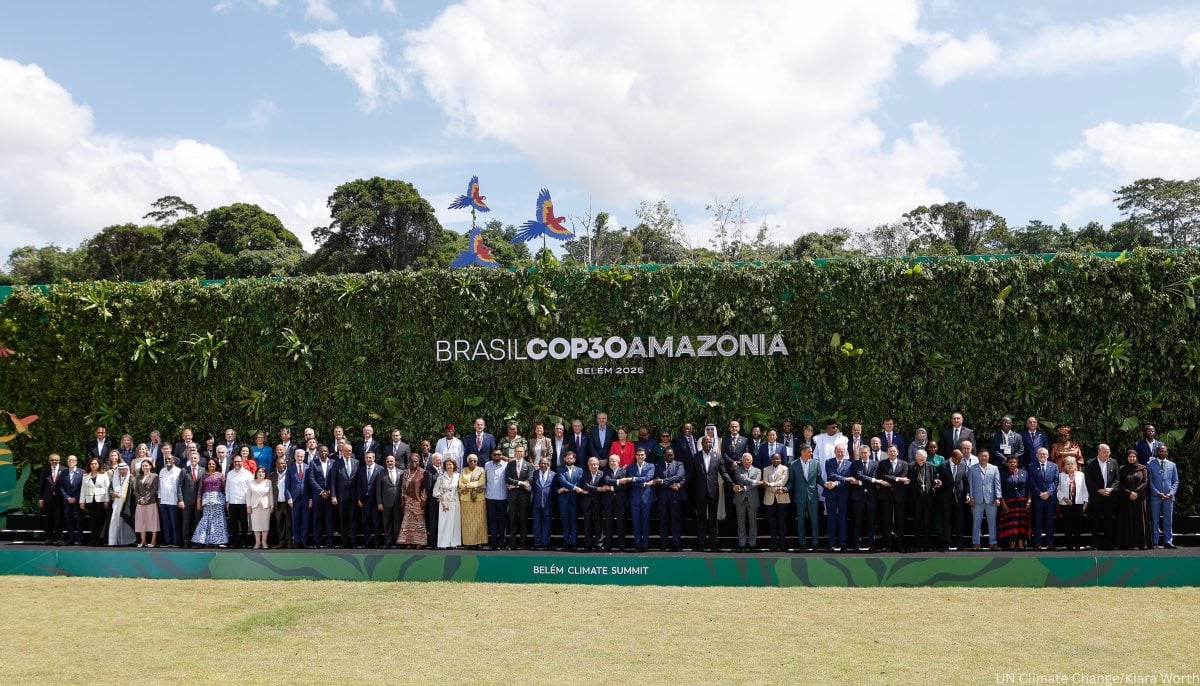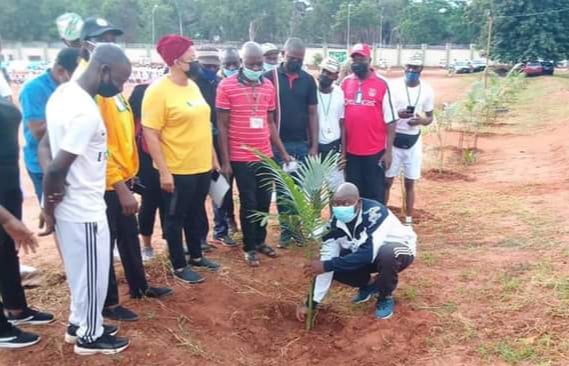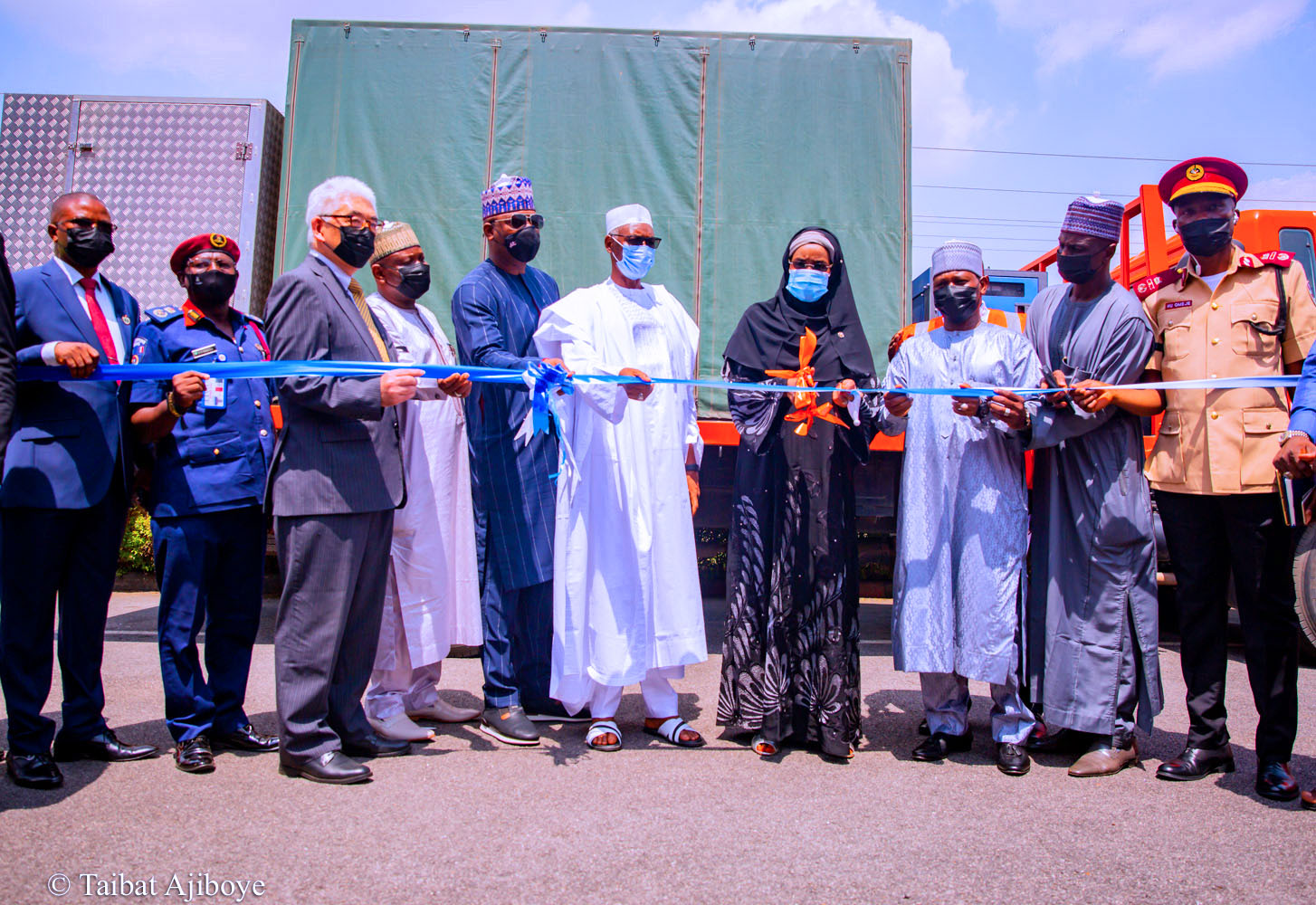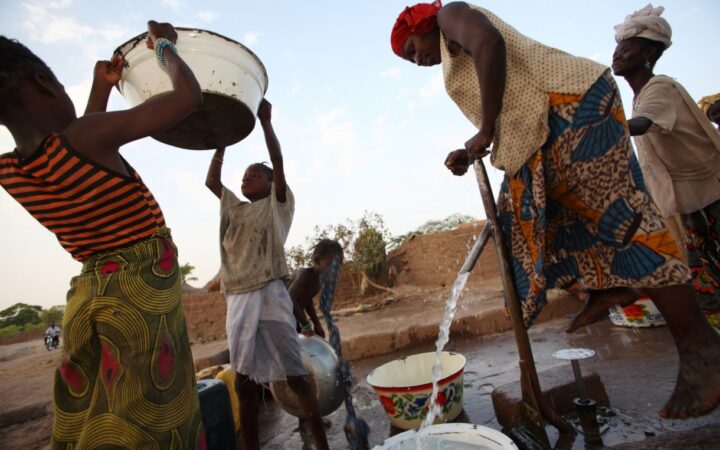
Sam Onuigbo, a former member of the house of representatives and board member representing the south-east at the North-East Development Commission, said Nigeria is strategically positioning itself to attract global partnerships and investments for climate action.
Speaking with TheCable at the ongoing UN climate change conference (COP30) in Belém, Brazil, Onuigbo said the implementation of Nigeria’s Climate Change Act has created a strong legal and institutional foundation for low-emission growth, green investment, and climate resilience.
Onuigbo noted that several states are already developing their local climate governance frameworks to align with the act, while the inclusion of local government representatives, youth, women, and the private sector in the National Council on Climate Change ensures broad-based participation.
“The Climate Change Act has laid a legal framework for low greenhouse gas emissions, inclusive green growth, and sustainable economic development by mainstreaming climate change actions into national development priorities,” Onuigbo said.
Advertisement
“It has now laid the foundation for subnational governments to know that all hands must be on deck.”
He said Nigeria’s participation at COP30 is focused on building strategic partnerships that will channel resources and technical support into national and subnational climate projects.
The former lawmaker noted that the carbon market system, if properly regulated, can drive accountability and transparency, adding that the law is not just for the environment ministry but applies to all sectors of the economy.
Advertisement
Onuigbo commended President Bola Tinubu for showing leadership in implementing the Climate Change Act and aligning Nigeria’s national agenda with the Paris Agreement goals.
“President Tinubu has clearly demonstrated his commitment towards realising both national and international goals of the Climate Change Act,” Onuigbo said.
“By establishing the Nigerian Carbon Market Committee and ensuring a budget line for the Climate Council, he has shown that climate action is now a national priority.”
He added that these efforts will help attract international investments and partnerships, positioning Nigeria as a key player in the global green economy.
Advertisement
BALANCING OIL PRODUCTION AND ENERGY TRANSITION
Onuigbo said Nigeria’s transition strategy is anchored on the responsible use of gas and the gradual adoption of cleaner energy alternatives, such as compressed natural gas (CNG).
He noted that the adoption of CNG and other cleaner technologies is part of a broader plan to modernise Nigeria’s energy sector.
He said Nigeria remains on course to achieve net-zero emissions between 2050 and 2070, as stipulated in its Climate Change Act and nationally determined contribution (NDC).
Advertisement
“CNG still has some fossil content, but it’s cleaner than petrol. The direction is clear, and implementation has begun. In time, we’ll see the results of these deliberate actions,” he said.
“We cannot simply abandon fossil fuels overnight. The transition has to be managed carefully so that we meet climate goals without disrupting the economy or livelihoods. It’s about creating a system where cleaner energy alternatives become practical and accessible for both industries and households.”
Advertisement
_________________________________________________________________________________________
This report was produced with support from Sahara Group and the Kaduna state government
Advertisement







